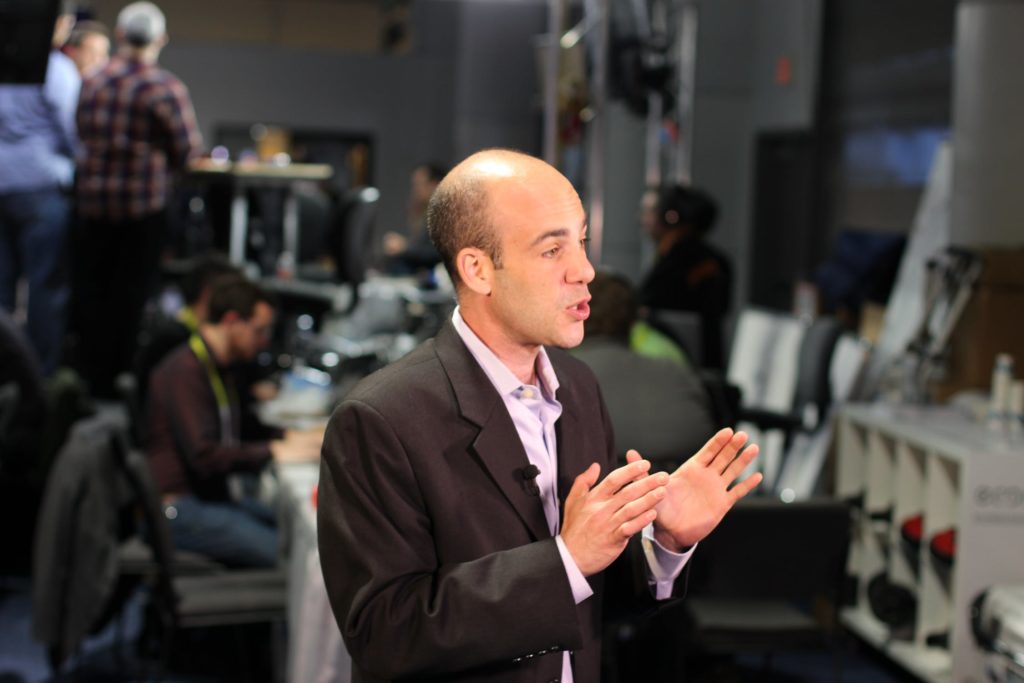
Most people who set out to earn a degree in education do so to enter the field as an educator in a classroom. However, this is not the only career path open to those who hold a degree in education. There are actually a great many career choices that someone with an education degree might consider for their future, and many of these choices have progressive career paths.
The fact is that most companies and industries, in general, have a need for people who are skilled in passing along information to others in an efficient and effective manner. A degree in education equips one with the ability to assume such positions regardless of whether you wish to educate children in a classroom or adults in a professional learning environment.
If you are currently working towards a degree in education or already hold such a degree, you might be wondering what sort of career options will be open to you upon graduation. Here are four ways in which you might seek to use your education degree.
1. Teacher
Naturally, the most common career choice that comes to mind when you think about what you can do with an education degree is to become a teacher. As a teacher, you can choose the age group you wish to teach and the specific subject matter you teach too. These decisions will most likely impact the particular type of education degree and certifications that you go for.
One of the enticing things about this career choice is that things are not set in stone for the duration of your career. You might start off by teaching younger students in a subject like literature only to find that later on, you would prefer to start working with older students in a subject like history. This is a transition that you can make down the line if you so choose.
Moreover, there are opportunities for teachers to progress in their careers beyond the classroom. Once you acquire a few years of teaching experience, you might decide that you wish to take part in more administrative roles at a school. You would most likely need to earn some sort of graduate degree in order to be prepared for such jobs, but this can easily be done through an MA education distance learning program.
With this kind of flexibility and variety in terms of specific career choices, using your degree in education to become a teacher is a great option for anyone who aspires to teach.
2. Education Consultant
The world of education is one that involves a great many moving parts. There are those who work in the classroom educating the next generation of learners, and there are those who work behind the scenes to ensure that things like curriculum and education practices are as effective as they can be. Someone who has a degree in education might wish to pursue such a role working to develop curriculum and shape education for learners’ greater good.
Education consultants don’t just work in schools developing curriculum in that area. They also work for businesses and organizations to develop training and learning materials to help educate professionals in the field. Some even work in areas like career advisement, helping others to identify where their strengths and talents can be best used.
Anyone who wishes to use their degree in education to become an education consultant will need to possess specialist skills, including analyzing a situation and discovering areas where individuals need further education. They must then find the best way of passing along such information to others so that they can improve and thrive in their own roles.
3. Community Education Officer
Another role that an educator might choose to play that can positively impact a community as a whole is that of the community education officer. Unfortunately, there are a great many individuals out there who are above school age and who do not have a firm grasp on things like language and numeracy skills. Such individuals struggle to get ahead in life and to provide for themselves and their families. This is where the community education officer can help.
As an education officer, you can work directly with those within your community who don’t have a good enough understanding of certain things that are necessary to get along in life independently. This might mean that they struggle with numeracy or that they don’t know how to use a computer. Through community outreach and education programs, you can help to bring about a better quality of life for people who live in underprivileged or underserved areas.
Although challenging at times, the work of a community education office is incredibly rewarding. The knowledge that you are contributing to the greater good of a community and helping to bring about better opportunities in life for others brings about a great sense of fulfillment.
4. Learning Mentor
Those who work in education understand that not all learners are going to process information in the same way. While there is a certain standard that the majority of learners are held to, there are some who either don’t have the cognitive ability or who might not have the social capabilities of learning in the same way as the majority. These learners require a helping hand in order to succeed academically. Such a helping hand can often come from a learning mentor.
A learning mentor works in conjunction with teachers and staff members to assist students who struggle for some reason or another. Every learning mentor’s goal is to help a student reach their full potential by giving them the tools they need to overcome the obstacles that they face in their academic life.
A good learning mentor will be able to analyze a student’s strengths and weaknesses and identify the best methods of learning for that individual. Whether the challenges that a student faces are behavioral or academic, the right learning mentor can make all the difference.




